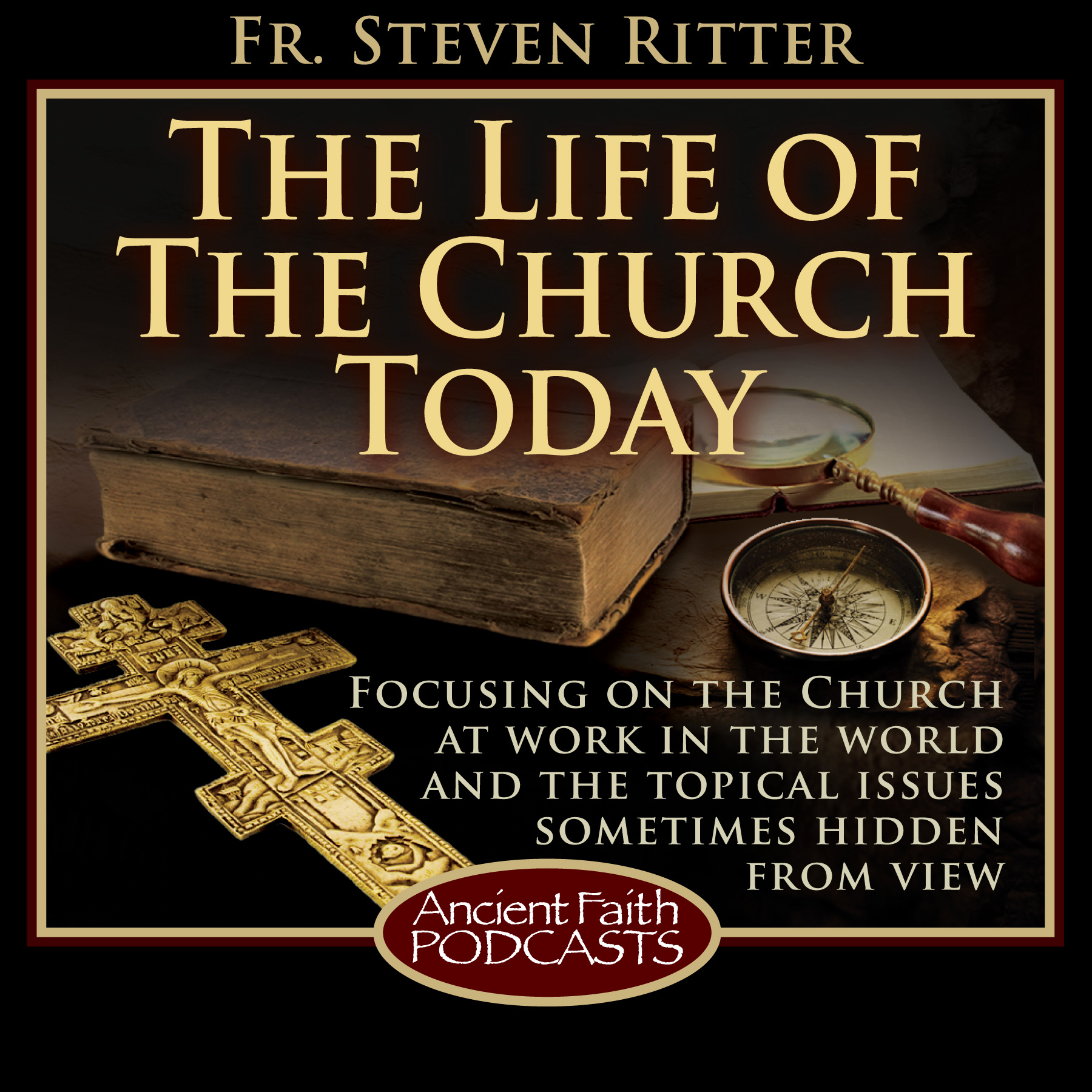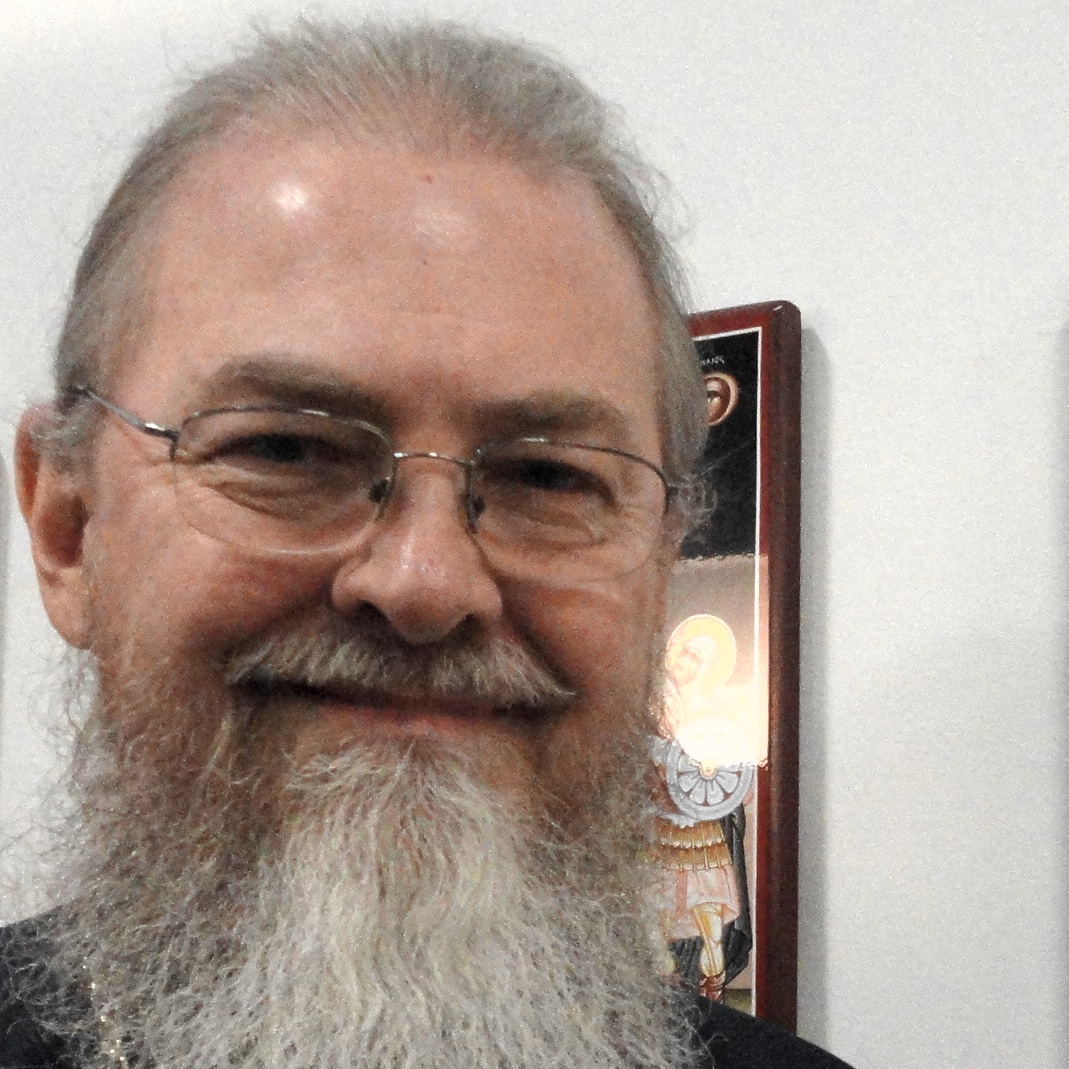Dear friends, let us define racism according to Merriam-Webster:
A belief that race is the primary determinant of human traits and capacities, and that racial differences produce an inherent superiority of a particular race.
And, according to the same dictionary, let us examine systemic:
Fundamental to a predominant social, economic, or political practice.
Why bring these terms to the fore? Because according to some today, and overwhelmingly in the media, both terms—the latter thrust in front of the former—have become part and parcel of the American experience. Racism, like fascism, are words currently bantered about like bees, moving from flower to flower, slipping off the tongue with an effervescent delight, as easily uttered as saying, “I like that” or “Oh my God!” or even, unfortunately, the f-word, now become as common parlance among a populace that dignity in language follows personal integrity.
But what is most bothersome about the current penchant to assigning this r-word to anyone who happens to not agree with an individual’s particular take on a specific political stance is not just the ease of utterance but the total lack of knowledge about the terms being used. To call someone “racist” or even “fascist” because they happen to disagree with you is to invent a version of usage far divorced from the actual origin of the terminology. For each of these terms has a meaning that is so jam-packed with inflammatory rhetoric in their intrinsic meanings that using them as cursory slanders for the sake of slinging mud at an opponent truly constitutes one of the vilest verbal actions of our modern age.
This is all the more so because, rarely—and I mean rarely—do the people uttering the words have any real idea what the terms essentially signify. Ignorance is the fact of one of the issues here, since the loss of civics classes and meaningful, honest history has long since been abandoned by the educational system and so many college professors, working from ideology instead of factuality, the topsy-turvy nature of our discourse has become inundated with only the vaguest understanding of what such powerful words really mean, their historical context, and that by using them as terms of derogation so often, well, it truly erodes the genuine import of the words themselves.
So does racism exist in this country? Of course it does. And, believe it or not, it always will. Now, why do I say this? Am I simply being pessimistic in the ability of our country to overcome such prejudices? No, I’m being realistic in my assessment of the human condition. A fallen world cultivates fallen people, and as long as one person anywhere does not like another person because of the simple reason that they are different in color or temperament, culture, language, or dialect, that person participates in what we call racism, if only to a minor degree. Because, yes, there are degrees of racism, from those who, in a moment of weakness, judge a person because of skin color or stereotype, to those promoting white or black superiority as an existential ideology. The trouble comes when the first group, in a weak yet sinful moment, gets typecast with those who make a living out of prejudicial and destructive behavior.
The recent tragedy of the killing of George Floyd has brought many people to the streets in protest—or at least that’s how it started. Protesting the horrible death of one Black man by an out-of-control white police officer is certainly understandable, though, as of this moment, without having heard anything from the offending officer, it cannot yet even be determined factually if the killing was indeed racially motivated, or if this officer was a “bad seed” in general. In time, we will all find out, but in the meanwhile, a larger element of those engaged in an entirely different agenda, that of wanting to thoroughly re-invent America, seems to be shaping up. And because of this one officer, now all police officers are deemed guilty of his sin. There cannot be a more clear-cut demonstration of the Western notion of original sin than we see here. As Orthodox Christians, we reject this notion of the pollution of one soul according to the predetermined schemas, whether of skin color or of chosen profession. Bad social policy follows bad social theology, as it were.
Every person is an individual, with his or her own choices to be made, freely and without the taint of another’s error. Yet recently I have come across a statement that Orthodoxy itself is complicity in this systemic racism. First of all, as regards this notion in America at large, it is hard to believe that a country that voted in a Black president—which could not have been done without the overwhelming support of white America—is systemic in its racial tendencies. What of the Church? Accusations have been put forth that Orthodoxy has aligned itself with white supremacists; that it turns a blind eye to slavery, according to the New Testament itself; that its connections with a monarchical system of government renders it ineffective and complicit in its relations with the poor and down-trodden; that it discriminates towards those who are gender-confused. And these comments come from some people who are Orthodox Christians themselves.
As I previously stated, in these days, the opportunity to slander comes easily, especially to those with a headlines-only knowledge of any particular subject. A few glances at a magazine or newspaper article or an unsubstantiated Wikipedia listing provide all the fodder needed for accusation, understanding that the time-tested method of splashing in the mud will invariably get even the innocent dirty. It is a fact that some members of the one, holy, catholic, apostolic Orthodox Church, founded by the apostles and guided by the Holy Spirit, will fall into the temptation of racially motivated ideology or be guilty of judging other people. We have had some white supremacists who have wanted to associate with Orthodoxy, but in fairness they have been put down fairly vigorously by the people themselves and by the hierarchs.
Well, to deny such is impossible in terms of any Orthodox Christian being racially motivated at times. Why do I say that? We are all sinners, but there’s also a difference between the faith aligning itself with sin and sinners aligning themselves with the faith. The first, by the very nature of the Church itself, cannot happen. The second is certainly possible, when one relies on political or racial ideology that supplants the calling of the Church to personal holiness, or falling into temptation of putting trust into princes and the sons of men in whom there is no salvation instead of the example of Jesus Christ who loves everyone.
As the Lord refused to align himself with any political system, saying only that we need to render unto Caesar that which is Caesar’s and unto God that which is God’s, Orthodoxy has essentially done the same. As long as the system is in place that allowed Christians to practice their faith in peace, there was no problem. But even in the face of persecutions, the Church seized the chance to witness to the transitory nature of all political systems. A fallen world run by fallen people can never produce a political system that is fool-proof and infallible, perfectly just in all its actions toward all peoples. To put one’s trust in such ideals is a fool’s errand, and far too many people today—that includes some Orthodox among them—seem to pay more attention to the vagaries of politics than to their own salvation.
This is precisely the temptation that the Lord received from the devil after he went into the wilderness for 40 days. The devil knew that Christ was in the world and wanted him to be part of the world also. The Lord refused this, and the Apostle reiterates this when he tells us to be in the world, too, but certainly not of it.
Over the years, the concept of symphonia developed in the Church, not as an absolute, but certainly as a theory worthy of trial and adoption. The state, the Christian state, was to operate hand-in-hand with the Church for the good of all men, temporally and eternally. Sometimes this worked out well; many times it did not. The Emperor Constantine worked hard for all of his citizens, Christian and non-Christian alike. Tsar Nicholas II did much to allow all faiths in his heavily Orthodox realm to practice freely with his decree on religious tolerance. There are many such examples. If some rulers strayed from this, it was their personal betrayal of their notion of free will among the populace that was the fault, not the Church, which preaches freedom of conscience on every page of the Scriptures.
Emphasis is always on the practice of the life in Christ, which is why St. Paul counsels everyone to stay in the place where they have found Christ, even, amazingly enough, slaves. Bondage to sin and the devil is far worse than bondage to a human being, and though Orthodoxy has always decried examples of human subservience, it knows that the life of the soul is more important. How else can you explain the numerous saints and martyrs who never tried to free themselves from imprisonment? Nevertheless, though the Orthodox Church more than any other religious body in history asserts the absolute dignity of the human being created in the image of God, this does not mean that it grants carte blanche to anyone wishing to use their God-given freedom wantonly.
There are activities that the Church deems sinful, regardless of how fair or unfair the world might think, and for this reason the forces of worldliness will not be slow in condemning the Church or its members when it does not accede to its often political and twisted ideologies. This has always been the case, but in the current environment, the nastiness of the attacks is quite brazen and aggressive. When the head of one political group suggests that statues of Jesus Christ and, one presumes, other images, too, must be torn down because Jesus was a white man, the Church needs to stand up, say No vociferously, and attempt to educate an ignorant populace. The Lord, after all, was not white; he was Semitic, as thousands of Orthodox icons testify, and it is a colossal sin to denigrate any ethnic group, regardless of origin.
The Church now, as always, calls all to participate in the astonishing miracle of the love of Christ, to put aside prejudice as the hellish temptation it is, and to come together in union as the multi-faceted, multi-variant, and magnificent image of the God-man on earth, breathed upon by the Holy Spirit, and all mankind’s wondrous and beautiful diversities of color, temperament, talent, and love. There is simply no place for racial ideology of any kind, especially when served up by those wishing to hijack purposeful concerns for the sake of self-serving philosophies meant to cause injustice to innocent people, deny justice to the deserving, and divide human beings based on superficial labeling and profound misunderstanding and lack of genuine knowledge.
“Judge not, lest ye be judged” is something we should all take to heart. Truth, as we know, will always be a stumbling-block to many. May God enlighten those in darkness and keep his faithful in the light. And may God bless each and every one of you.

 Fr. Steven Ritter
Fr. Steven Ritter